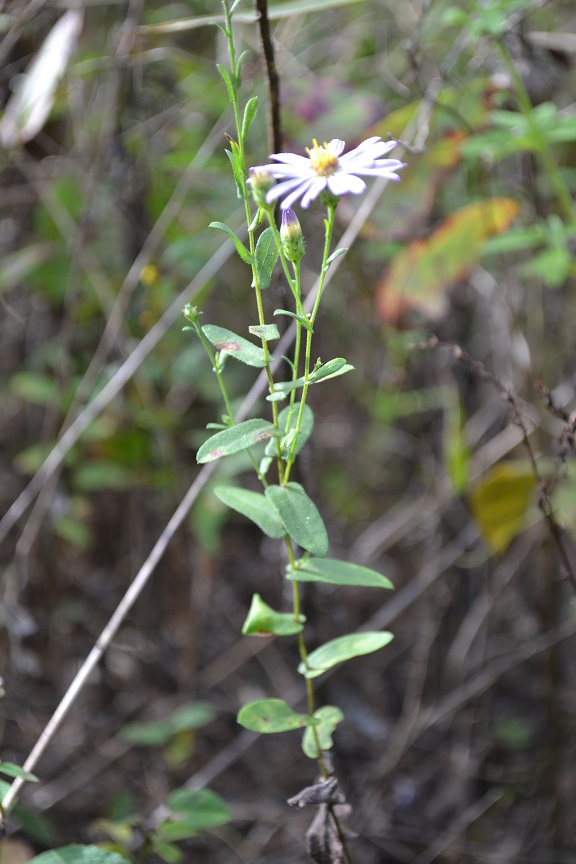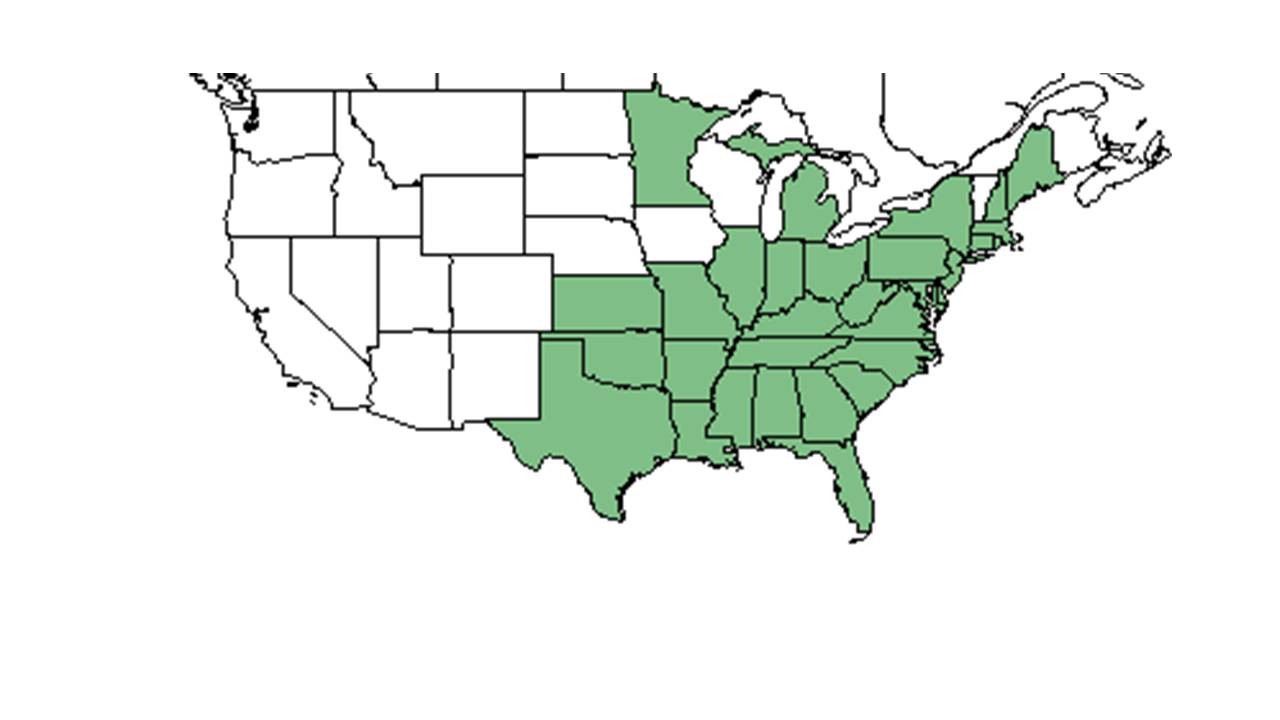Difference between revisions of "Symphyotrichum patens"
KatieMccoy (talk | contribs) |
|||
| Line 3: | Line 3: | ||
{{taxobox | {{taxobox | ||
| name = Symphyotrichum patens | | name = Symphyotrichum patens | ||
| − | | image = | + | | image = Symphyotrichum patens 2.JPG |
| − | | image_caption = | + | | image_caption = Photo by Kevin Robertson |
| regnum = Plantae | | regnum = Plantae | ||
| divisio = Magnoliophyta – Flowering plants | | divisio = Magnoliophyta – Flowering plants | ||
| Line 18: | Line 18: | ||
}} | }} | ||
| − | Common name: | + | Common name: Late purple aster |
==Taxonomic notes== | ==Taxonomic notes== | ||
==Description== | ==Description== | ||
Revision as of 12:12, 11 November 2015
| Symphyotrichum patens | |
|---|---|

| |
| Photo by Kevin Robertson | |
| Scientific classification | |
| Kingdom: | Plantae |
| Division: | Magnoliophyta – Flowering plants |
| Class: | Magnoliopsida – Dicotyledons |
| Order: | Asterales |
| Family: | Asteraceae ⁄ Compositae |
| Genus: | Symphyotrichum |
| Species: | S. patens |
| Binomial name | |
| Symphyotrichum patens (Aiton) G.L. Nesom | |

| |
| Natural range of Symphyotrichum patens from USDA NRCS Plants Database. | |
Common name: Late purple aster
Contents
Taxonomic notes
Description
A description of Symphyotrichum patens is provided in The Flora of North America.
Distribution
Ecology
Habitat
This species can live in humid, subtropical climates in drying sandy loam on the edges of woodland remnants, shade of mesic woodlands, xeric limestone prairies, open old-field pine woods, and sandy clay of the Red Hills (Burton 2009, FSU Herbarium, McCain and Ebinger 2014). It can live in communities dominated by post oak as well (Burton 2009). This species is also found in disturbed habitats such as upland pine-hardwoods, partially wooded vacant lots, and beside trail edges (FSU Herbarium).
Phenology
This species flowers and fruits between October and November (FSU Herbarium).
Seed dispersal
Seed bank and germination
Fire ecology
Burton found that the percent cover of S. patens showed a positive linear response to increased fire frequency (Burton 2009).
Pollination
Use by animals
Diseases and parasites
Conservation and Management
Cultivation and restoration
Photo Gallery
References and notes
Burton, J. A. (2009). Fire frequency effects on vegetation of an upland old growth forest in eastern Oklahoma. Environmental Science. Stillwater, Oklahoma, Oklahoma State University. Bachelor: 78.
Florida State University Robert K. Godfrey Herbarium database. URL:http://herbarium.bio.fsu.edu. Last accessed: June 2014. Collectors: Loran C. Anderson, Angus Gholson Jr., R. Kral, Robert K. Godfrey, Angela M. Reid, K. M. Robertson, Ann F. Johnson, and Wilson Baker. States and Counties: Florida: Gadsden and Leon.
McClain, W. E. and J. E. Ebinger (2014). "Vascular Flora of Buettner Xeric Limestone Prairies, Monroe County, Illinois." Southern Appalachian Botanical Society.